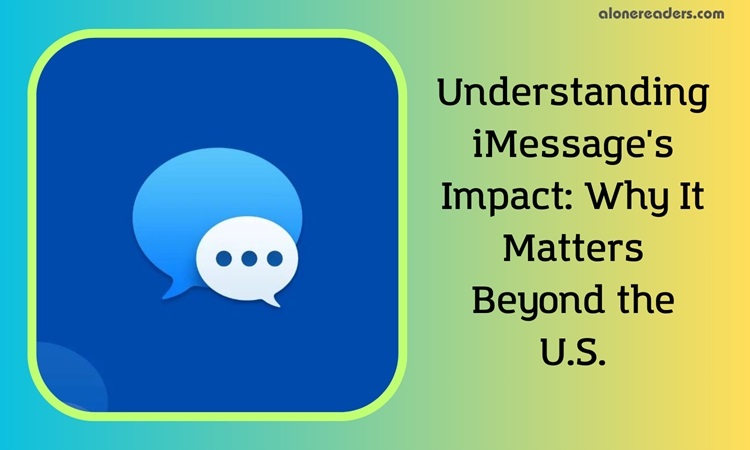
The "green bubble" controversy surrounding Apple's iMessage app is back in the spotlight. Accusations fly that Apple uses iMessage to exert peer pressure and even encourage bullying to boost its product sales. This claim, particularly resonant in the U.S., is gaining traction, evidenced by social media trends and pop culture references. But what is the global perspective on this issue?
Introduced in 2011, Apple's iMessage displays blue bubbles for communication between iMessage users, using Wi-Fi or cellular data without additional costs. However, interactions with non-iMessage users, like those on Android, switch to green bubbles, resorting to traditional SMS/MMS. This distinction has more than a technological basis; it has social implications, especially in the U.S.
Globally, iMessage is far from the leading messaging app. WhatsApp reigns supreme with approximately 2 billion monthly active users worldwide. Other popular apps include WeChat, Facebook Messenger, QQ, Snapchat, and Telegram. In contrast, iMessage's user base is harder to quantify, as it's the default SMS app on iPhones. Regional preferences vary, with apps like Viber popular in Bulgaria, Greece, and Ukraine, while Telegram sees widespread use in Armenia, Jordan, and Cambodia.
In the U.S., iMessage's growth among young users, particularly those aged 18 to 24, is notable. This age group's iPhone ownership increased significantly from 2018 to 2022. The social status associated with iMessage, particularly among the younger demographic, plays a critical role in its popularity. Apple's decision to keep iMessage exclusive to its ecosystem has been a successful strategy in fostering brand loyalty among these users.
The growing preference for iMessage in the U.S. could have long-term effects on global technology trends. Currently, Android dominates the global market, but the U.S. trends often influence other regions. Apple's success with iMessage and its potential impact on the broader tech industry, including PC, audio/music, and smart home markets, cannot be understated.
The issue at hand is not just about the features of iMessage but the perceived status associated with the blue and green bubbles. Google's push for Apple to adopt RCS (Rich Communication Services) aims to bridge the gap between Android and iPhone users. However, the likelihood of Apple adopting this or introducing iMessage to Android seems low, given its strategic benefits from the current setup.
The iMessage phenomenon is more than a tale of technology; it's a narrative of cultural and social dynamics, especially in the U.S. While it may not dominate globally in user numbers, its influence, particularly among young Americans, poses significant implications for the global tech market. As the debate continues, the focus shifts to how technology shapes social interactions and the broader impacts of these platforms on global communication trends.